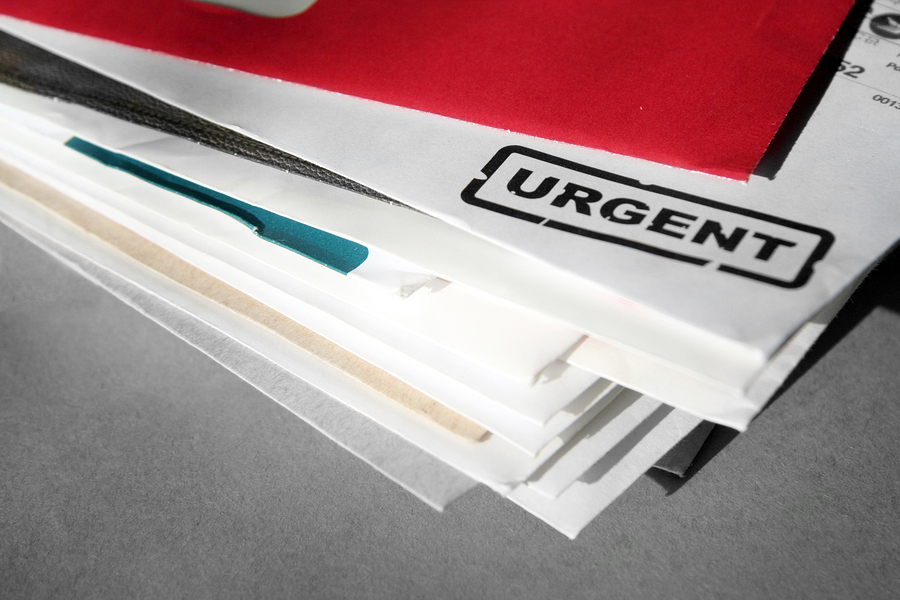What does it mean to be a “professional mortgage company?” They should support the decision by research, and communicate to you exactly what’s expected of you.
A seamless mortgage process isn’t just about your financial institution. You will need to do your home work too. It will help to know more about the actual process of mortgage lending. That way, you can be more certain to understand what type of loan product your accepting.
Here’s a overview of the process so you know exactly what to expect.
Completing Your Loan Application
During the application process, your loan officer will guide you with the process of completing your loan application. Your loan officer should review all other required disclosures and the Good Faith Estimate. Your Good Faith document will itemize your closing costs and actual cash you’ll need to close the transaction.
Your supplemental income, assets, and liability information will be required when you apply for the mortgage. Keep in mind, the more complete your records, the faster and easier your loan process can be. Always remember the end goal: getting approved and closed.
Discussing Interest Rate Locks
Initially, when you apply for your loan your loan office will discuss their loan programs. They’ll also review the current interest rates with you. Most financial institutions offer a “rate lock”, so that you can capture the interest rate, and secure it for your future loan. Since rates can change before you close your real estate transaction, this can be an attractive feature.
Interest rate locks come in several intervals. You can lock in rates for either 30-, 45-, or 60-day increments. 30-day increments are usually the lowest increment. Whichever lock you choose you should make certain the it doesn’t expire prior to closing your loan.
Processing Your Mortgage
While processing your mortgage, your loan officer will have a loan processor to assit them. They will order your credit report and appraisal. They may also obtain any employment or bank account verification needed.
You can expect the processing time to be between one to three weeks. It all just depends on the completeness of your initial application (they may also be extra busy during peak seasons). The loan officer will also look for any unusual characteristics of the file at the same time.
You may need to supply additional information. This will all just depend on the results of your credit report or required verifications. But, don’t be alarmed. This is customary. If more information is requested, respond quickly. It helps keep the loan process going.
Next Your File is Sent to “Underwriting”
An underwriter will receive your file once it’s processed. The entire underwriting process usually takes only 2-3 days. Typically an underwriter will approve the loan, but other times they may request some additional information.
After your file is approved from underwriting the lender will issue a loan commitment. The commitment basically outlines the terms and conditions you’ll need to meet prior to closing. You should review these conditions with your loan officer or processor.
Closing The Real Estate Loan Transaction
You may have a closing that takes place at either a title insurance company or a law firm. As a borrower you will be provided with a settlement statement (HUD-1) showing the remainder of funds needed when you close. Usually you’ll need a cashiers check or a wire transfer to present the funds.
Your closing statement should be reviewed by the lender’s loan or closing officer. You’ll have your real estate agents—both buyer’s and seller’s—a representative from the title company (or law firm) at the closing. You original loan officer may attend the closing, but it’s not always the case.
As a final step all loan documents are signed with the closing agent just before closing the real estate transaction.


